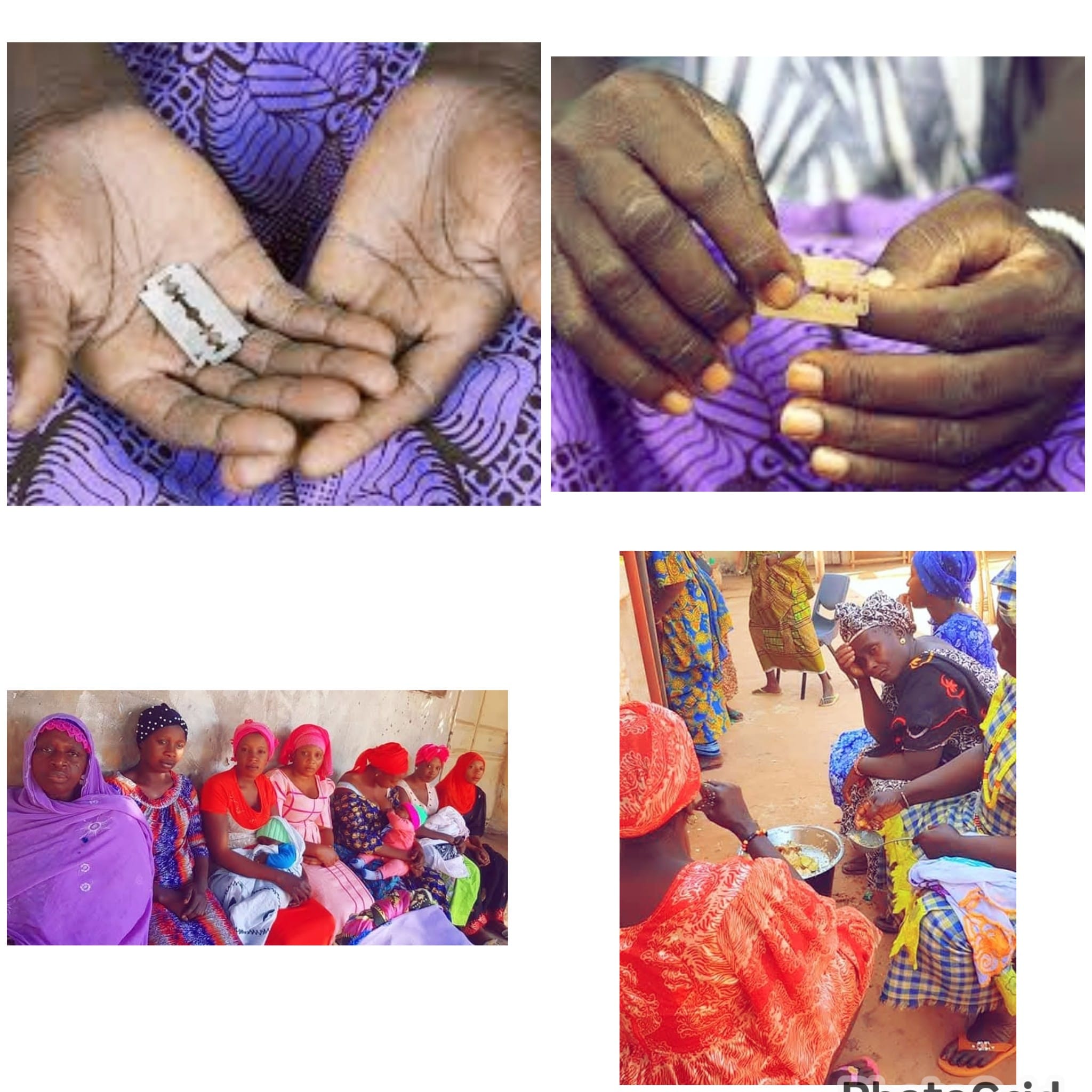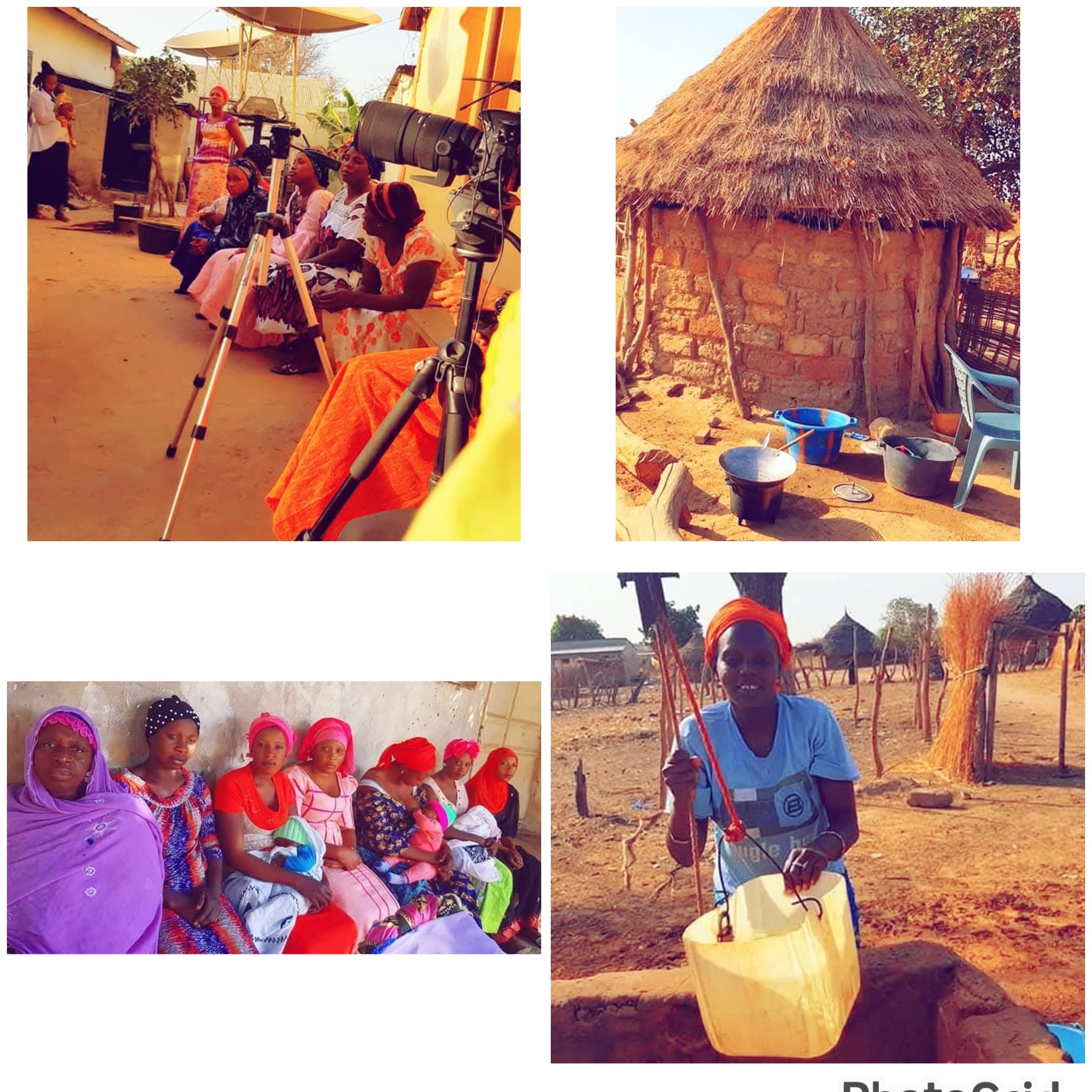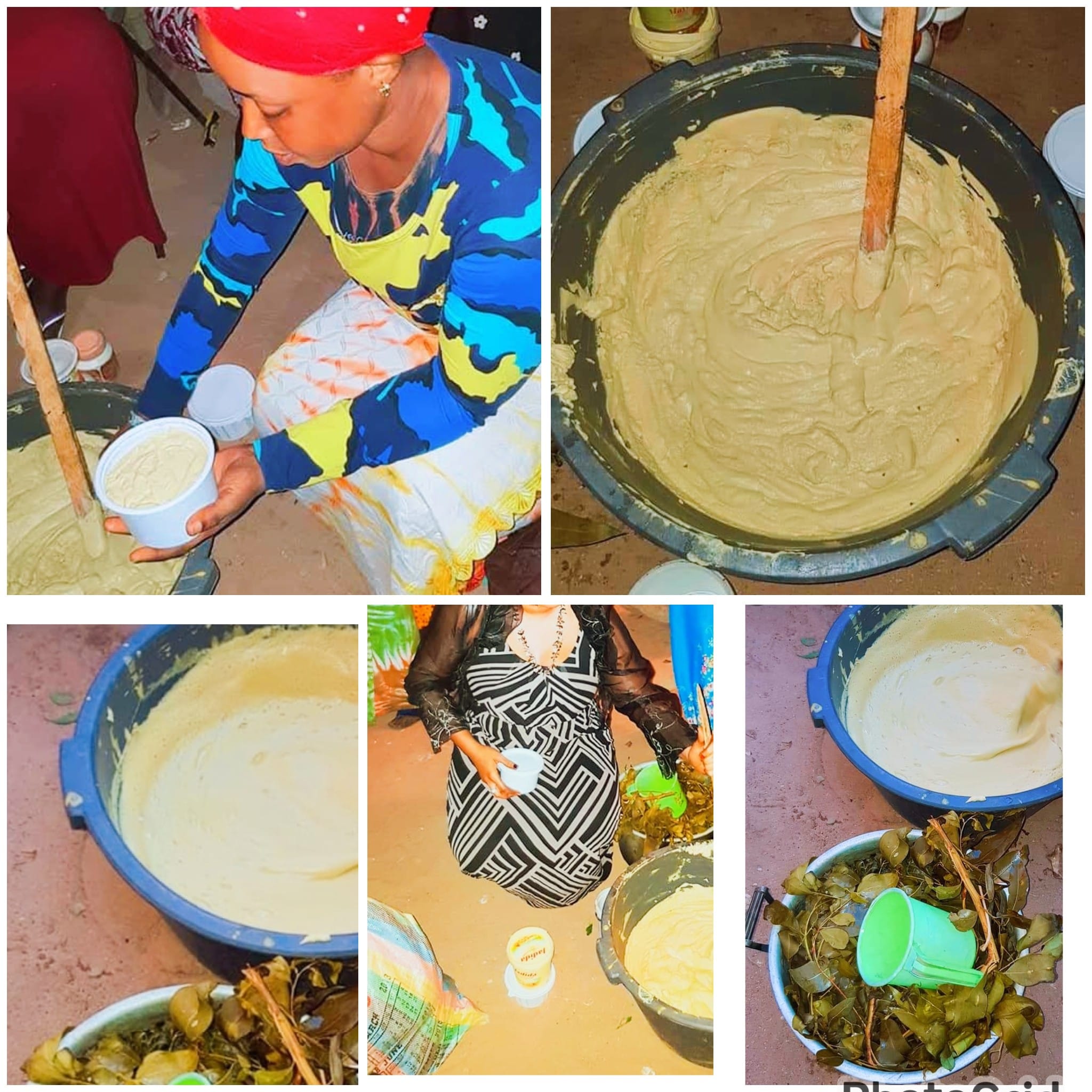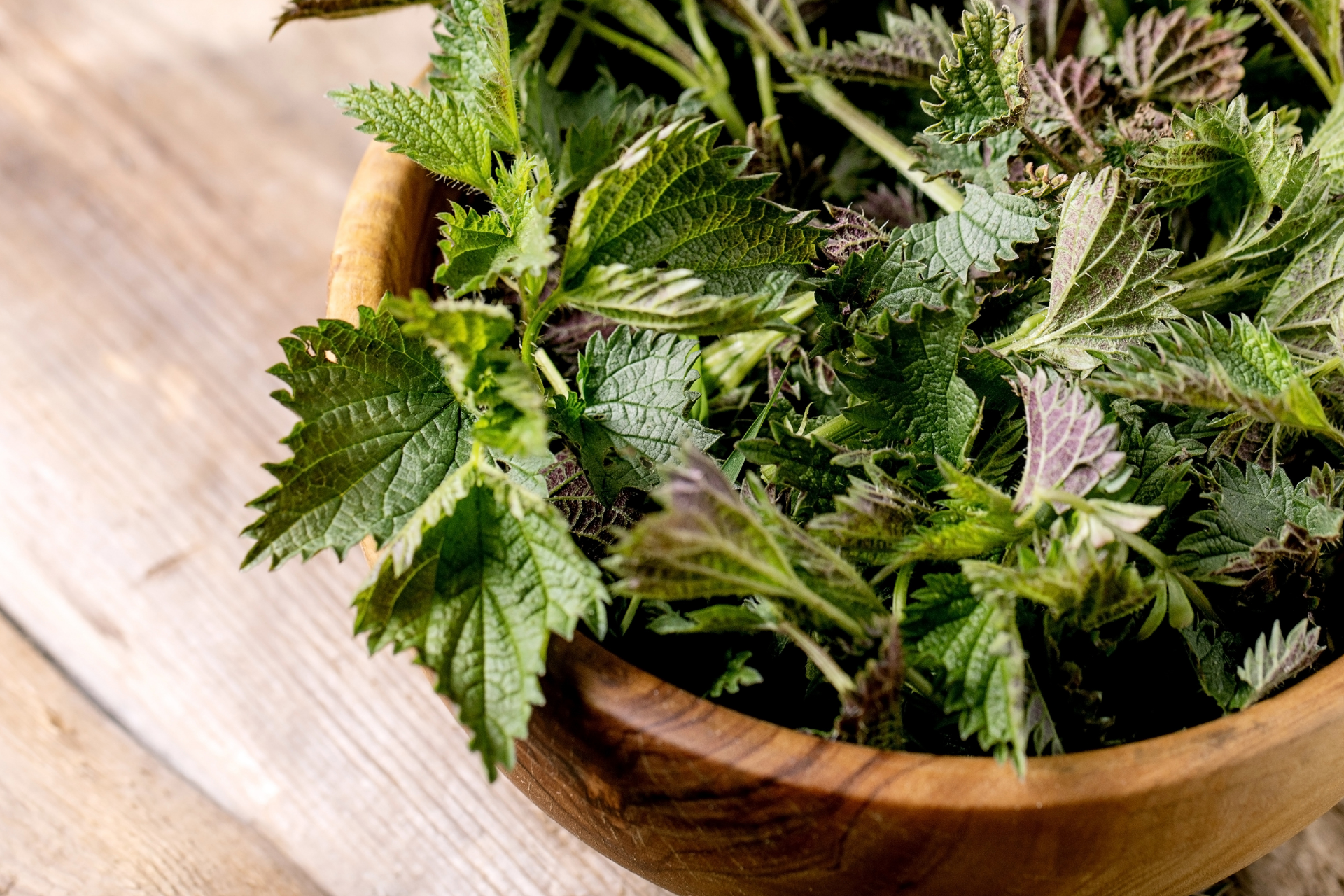
In rural regions of Gambia and Senegal, deeply rooted cultural practices like Female Genital Mutilation (FGM) continue to endanger women's lives not only during the act but for many years after. With little access to proper healthcare and no knowledge of safe reproductive practices, women turn to traditional remedies and unsafe methods to cope with sexual pain and trauma caused by FGM.
Our team met Awa, a young woman who had undergone FGM as a child. In an attempt to ease her discomfort and meet the expectations of marital intimacy, she was advised to use a local herbal mixture. Days later, she developed severe infections and nearly lost her life. This is not an isolated story. It's the quiet reality for thousands of women whose suffering is never spoken aloud.
This case study lifts the veil on the ongoing consequences of FGM and the dangerous silence surrounding women’s reproductive health in under-resourced areas. These women are not just in need they are survivors waiting to be heard.
Through targeted community engagement, trusted local partnerships, and the spread of accurate health information via radio and workshops, our initiative works to break the taboo. We advocate for safe alternatives, train local women leaders, and introduce culturally sensitive reproductive health solutions that are rooted in both science and empathy.
This is not simply about fighting tradition; it’s about saving lives, restoring dignity, and giving women the tools to make informed choices.




